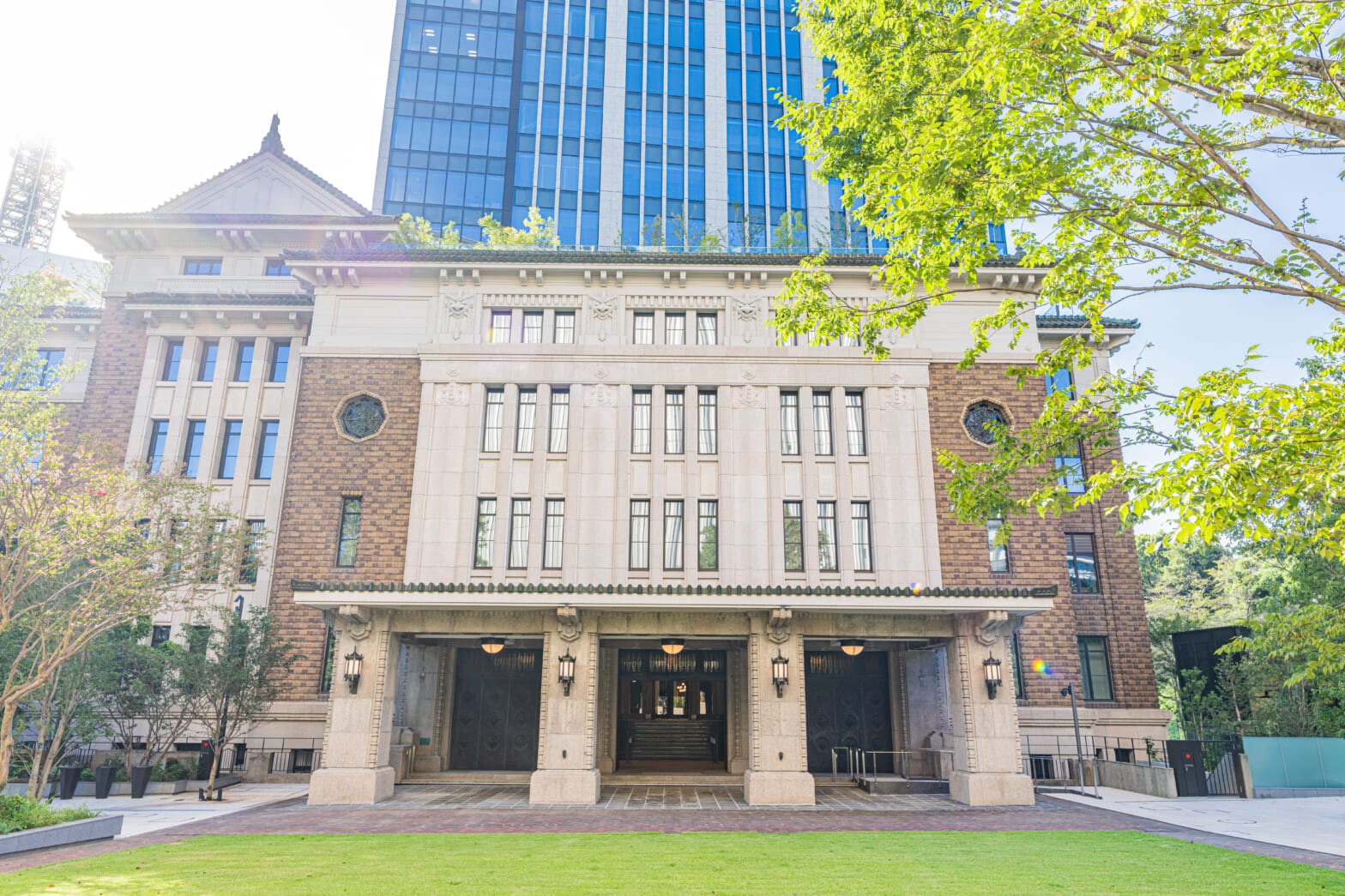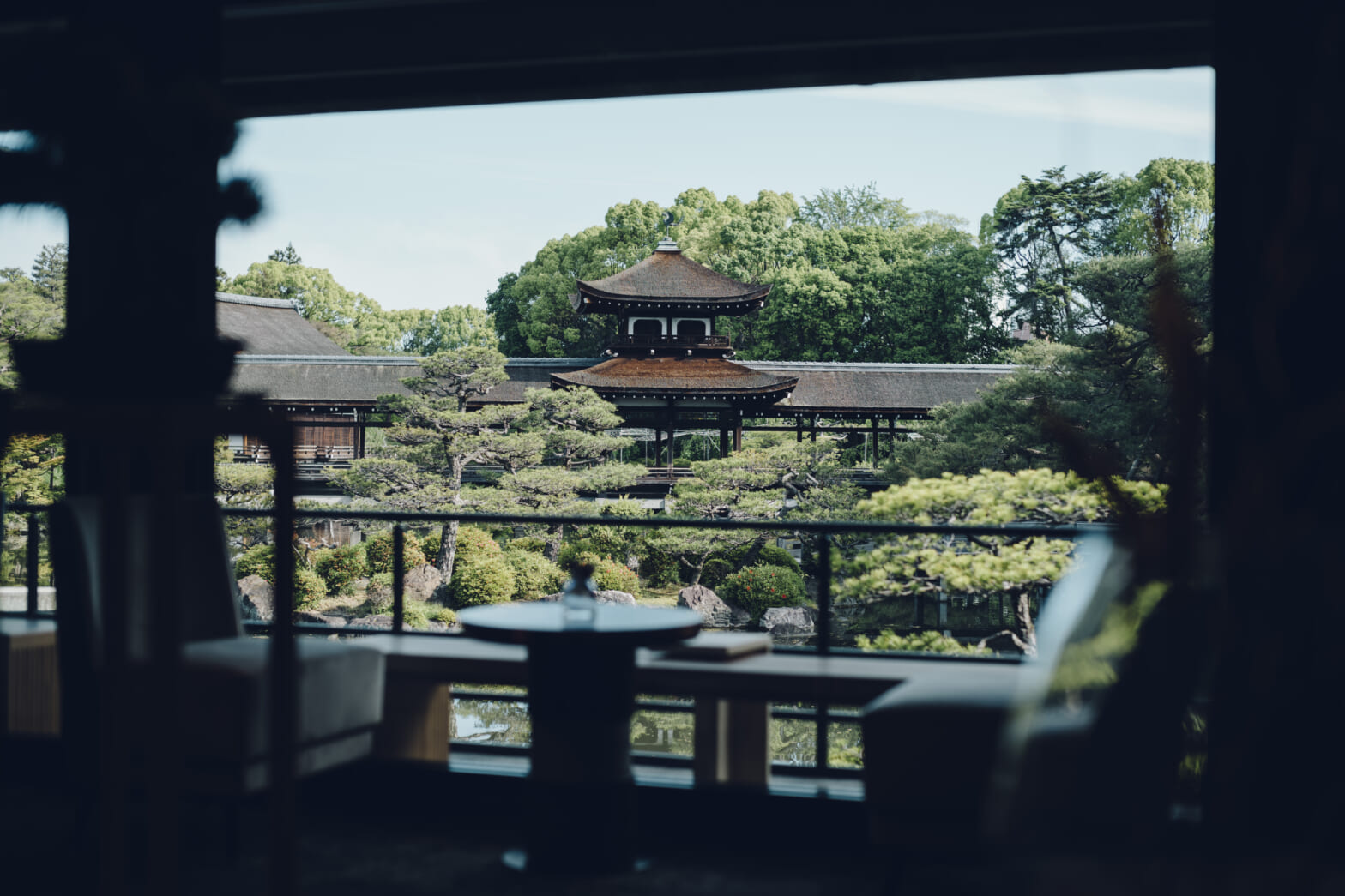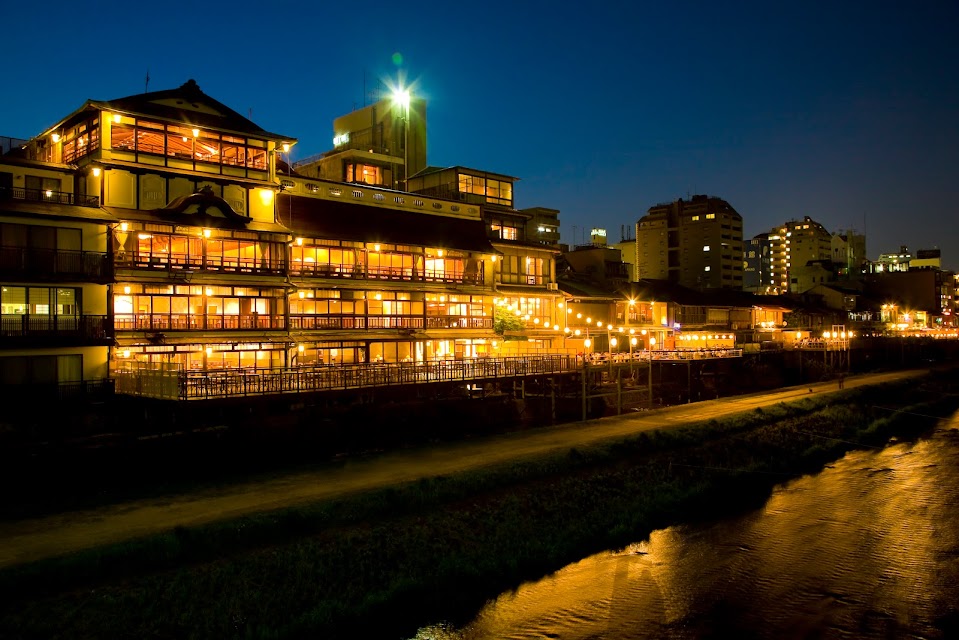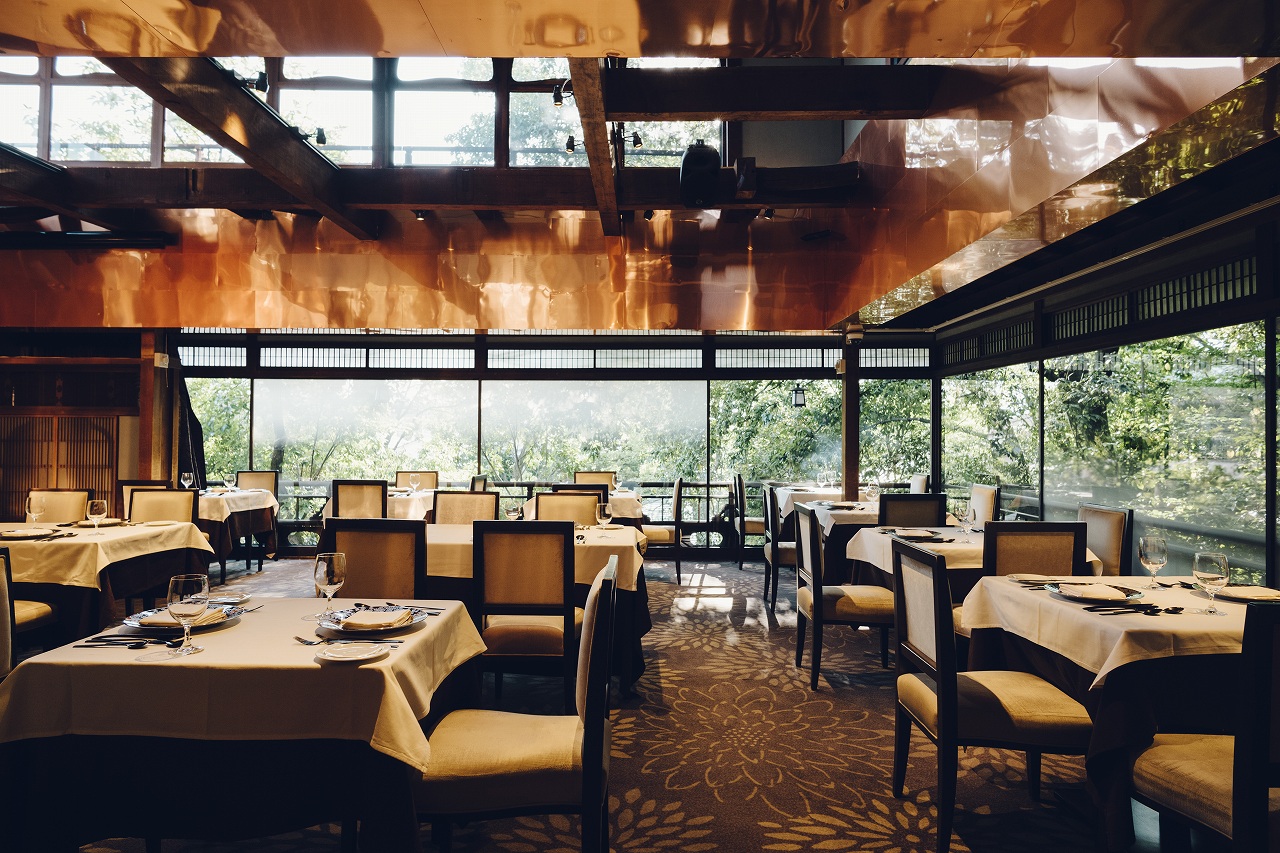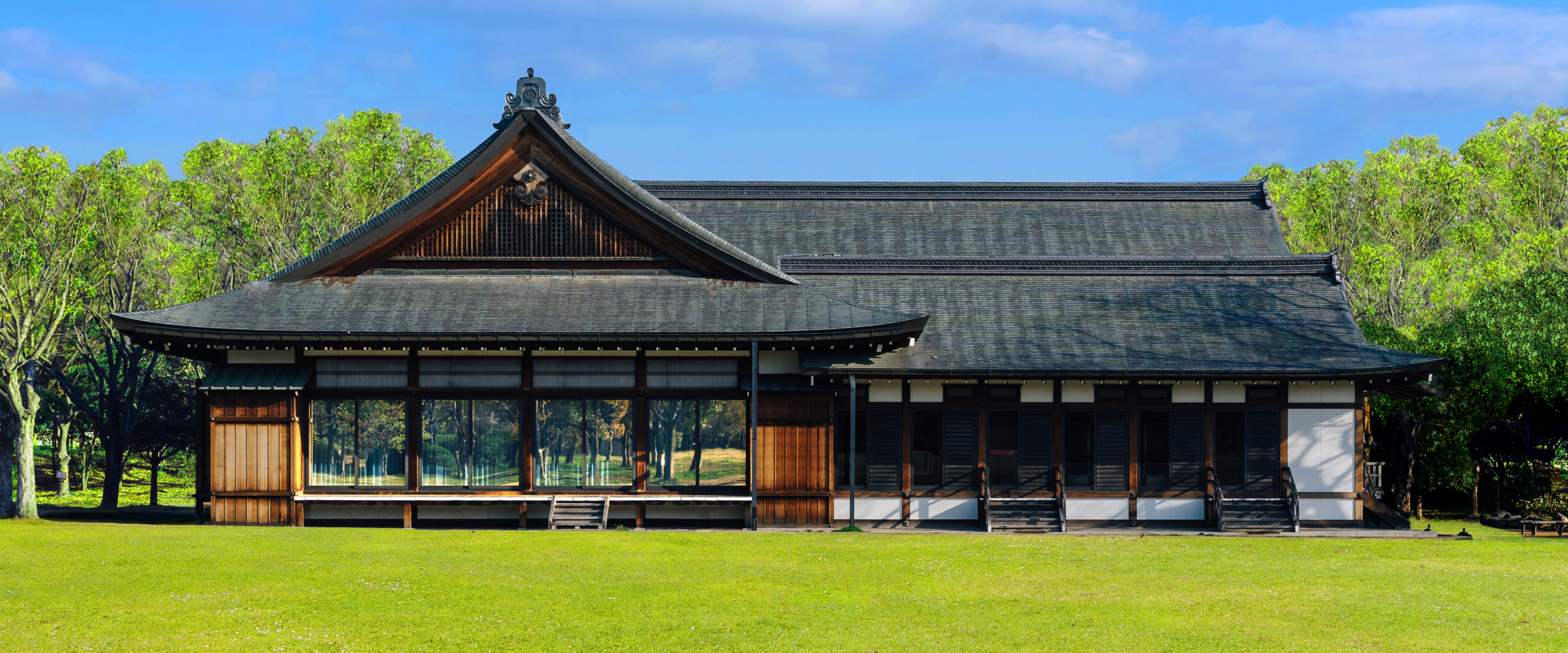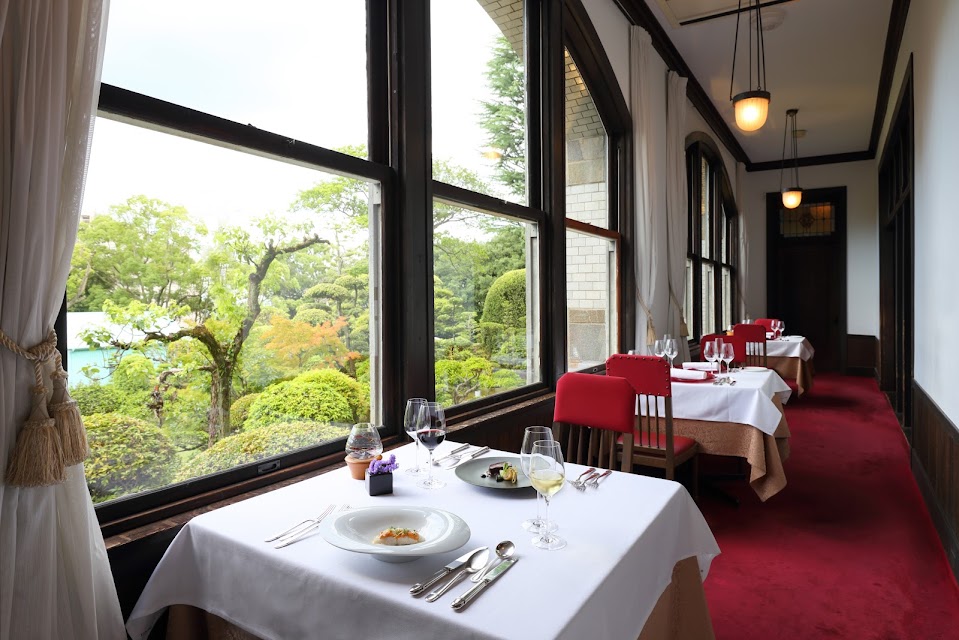ABOUT
About

Featuring unique venues carefully selected from all over Japan.
We offer one-stop support for everything from event planning and venue arrangements to preparations and day-of operations.
In Japan, you can find historic buildings, temples, shrines, gardens, museums, art galleries, and public spaces, each deeply rooted in the region's natural, historical, artistic, cultural, and industrial heritage. Utilizing these facilities and spaces for events and receptions plays a vital role in attracting and hosting MICE (Meetings, Incentives, Conferences, and Exhibitions) activities.
UNIQUE VENUES OF JAPAN provides a centralized compilation of carefully selected unique venues from across the country. We offer one-stop support for everything from event planning and venue arrangements to preparations and day-of operations in these special locations .
Additionally, by sharing case studies and expertise on utilizing unique venues both domestically and internationally, we aim to enhance the branding of the venues themselves and their regions. This effort contributes to the preservation of local culture, supports the SDGs, and promotes sustainable tourism.
Utilization of Unique Venues
For those considering a party or event
Industry-leading number of listings and information
A useful site for gathering information


Accompanying you through all processes from venue
application to meetings to the day of the event
One-stop window


For owners or regions managing shrines,temples,cultural properties,museums,etc.
Increasing awareness of facilities and regions, and passing on culture
Domestic and international information dissemination site


Accompanying you through all processes from venue application to meetings and the day of the event
Utilization consultation window/operation agent

What is a Unique Venue?
The purpose of a Unique Venue is to create a sense of exclusivity and highlight regional characteristics by holding meetings, receptions, events, etc., in venues with unique atmospheres such as historical buildings, shrines, temples, castle ruins, art galleries, and museums. A venue that is specially rented out for purposes different from its original function is called a "unique venue."
-
Special Venues
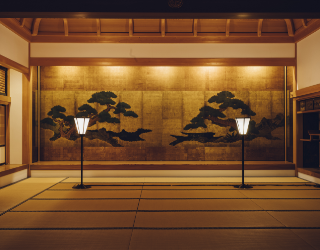
- ・Historical buildings
- ・Shrines and temples
- ・Castle ruins
- ・Art galleries
- ・museum
- etc.
-

-
Party, Events
etc.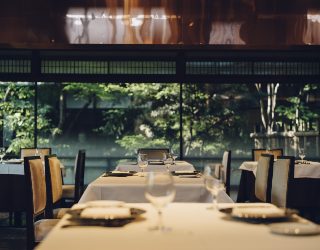
- ・Concerts
- ・Traditional performing arts performances
- ・Exhibitions
- ・Conferences and seminars
- ・reception
- etc.
-

-
Special experience
A special feeling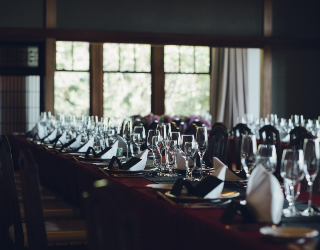
A sense of local characteristics
- ・Traditional performing arts performances at shrines and temples
- ・Concerts at castle ruins
- ・Receptions at art museums
- etc.
Advantages of using unique venues
-
Participants
(those invited to events, etc.)

- A special experience in a special place
- Learn intellectual satisfaction by coming into contact with the culture and history unique to the region
-
Users
(event-related businesses, advertising agencies, travel agencies, PCOs, etc.)

- By holding events in special places, it leads to increased appeal of events and increased satisfaction of participants
- By holding events from a new perspective, it leads to increased recognition for the organizers
-
Owners/managers
(local governments, shrines, temples, etc.)

- Increases awareness and recognition of the venues they own
- For museums, art galleries, historical buildings, etc., increasing visitors and supporters is expected by making the facilities known to groups that have not had contact with them before.
- Raise awareness of the charm of historical buildings, leading to increased momentum for preservation activities.
- Possibility of earning revenue from venue usage fees, etc.
Regional benefits
- ・Returns from event participants will lead to an increase in tourists.
- ・ncreased awareness of the region and increased civic pride.
- ・Creates an economic ripple effect on the region.
PLACE
Find a venue
Spend time with your loved ones,
at a one-of-a-kind location
where you can experience Japanese culture.


